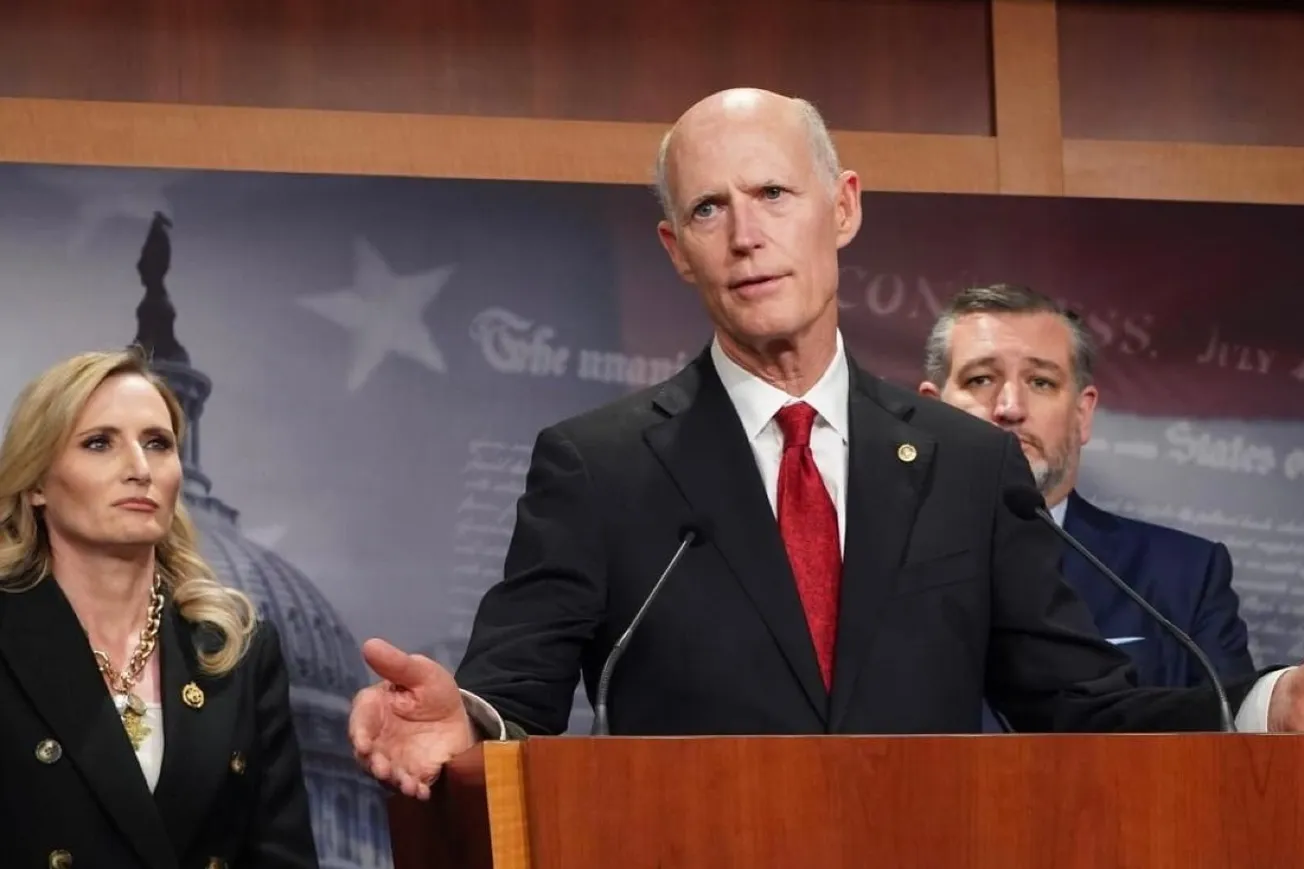By Thomas J. DiLorenzo, Mises Wire | March 24, 2025
Hundreds of Democrat party political hacks who happen to have attended law school for a couple of years have been rewarded for their hackism with appointments as federal district court judges. Armed with lifetime tenure and dressed in spooky looking black robes, they behave like an army of some 700 dictators responsible and answerable to no one as they plot their coup to take over the other two branches of government with their dictatorial decrees known as “nationwide injunctions.”
In every instance in the past several months these “injunctions” have been aimed at stopping any attempts to reduce the size and power of the deep state, never to protect the constitutional liberties of the American people.
The deep state’s “supreme” court mostly serves the same purpose. This was recently on display when its “chief” justice John Roberts, who magically discovered Obamacare to be one of the delegated powers in the Constitution by calling it a “tax,” scolded President Trump for deporting several hundred members of a Central American criminal gang without first saying “Mother May I” to John Roberts.
Thomas Jefferson was alarmed during his day of the threat of judicial tyranny of this sort. He feared that it could turn the Constitution into “a thing of wax” that could be “twisted into any form” (Letter to Judge Spencer Roane, Nov. 1819). Unlike congressmen and presidents, Jefferson noted, federal judges are “more dangerous [to liberty] as they are in office for life” (Letter to a Mr. Jarvis, Sept. 1820).
The federal judiciary, said Jefferson, was “the subtle corps of sappers and miners constantly working underground to undermine our Constitution . . .” (Letter to Thomas Ritchie, Sept. 1820).
Jefferson reminded anyone who inquired that the Constitution does not give the judiciary the sole right to interpret the Constitution. The executive and congressional branches, “in their own spheres,” have equal rights, he said. As president, Jefferson freed everyone imprisoned by the Adams administration’s Sedition Act which made free political speech illegal. “I discharged every person under punishment or prosecution under the Sedition Law,” he said, “because I considered . . . that law to be a nullity.”
The “supreme” court “Judges, believing the law constitutional, had a right to pass a sentence of fine and imprisonment, because the power was placed in their hands . . . . But the executive, believing the law to be unconstitutional, was bound to remit the execution of it” (The Political Writings of Thomas Jefferson, p. 154).
“The judiciary bodies were supposed to be the most helpless and harmless members of the government” (Letter to A. Coray, Oct. 31, 1823). Experience has shown, however, that “they were to become the most dangerous,” especially because impeachment was so scarce.
Yes, government lawyers with lifetime tenure did usurp powers not given to them by the Constitution when they began pretending that they somehow were given a monopoly of constitutional interpretation, but this idea was strongly opposed for generations by Americans in every state.
The Jeffersonian position on judicial tyranny prevailed, in other words. In addition to the congress and the executive branch having the right and power to make constitutional interpretations, Jefferson said that “I know of no safe depository of the ultimate powers of the society but the people themselves,” organized in political communities at the state and local levels (The Political Writings of Thomas Jefferson, p. 154).
After “chief” justice John Marshall declared the Bank of the United States to be constitutional, President Andrew Jackson vetoed the bank’s recharter by saying “To this I cannot consent.”
State legislatures issued declarations of nullification of myriad federal laws and government programs during the pre-Civil War era. New England states refused to participate in the War of 1812 and nullified the government’s trade embargo that was enacted by Jefferson in order to avoid another war with England after the British navy had kidnapped American sailors. South Carolina nullified the 1828 Tariff of Abominations by calling it unconstitutional. The Wisconsin legislature nullified the Fugitive Slave Act. Jefferson himself authored the Kentucky Resolve of 1798 that nullified the Sedition Act within the state of Kentucky. James Madison authored an almost identical Resolve for Virginia.
Jefferson and the Jeffersonians proclaimed for decades that if the day ever came when the federal government, through its judiciary, became the sole decision maker of what the limits of federal governmental powers would be, Americans would then live under a tyranny.
That day finally came in April of 1865 when the Republican party succeeded in overthrowing the original constitution and its system of federalism and states’ rights, the rights of nullification and secession as checks on federal power, and most importantly, the ability of anyone but the government’s own courts to decide what everyone’s freedoms were to be.
This was celebrated by “progressives” like Woodrow Wilson who, in his book Constitutional Government in the United States (p. 178), wrote triumphantly that “The War between the States established . . . this principle, that the federal government is, through its courts, the final judge of its own powers.” Only a dictator and a tyrant would celebrate such a thing.
Law-and-order conservatives who fancy themselves to be constitutionalists, and who hang on every word from any black-robed deity called a “ federal judge,” are aiding and abetting the destruction of American freedom by acquiescing in the idea that no one – not even the president, let alone the people – has a right to question or disobey their decrees and “injunctions.”
Thomas DiLorenzo is president of the Mises Institute. He is a former professor of economics at Loyola University Maryland and a longtime member of the senior faculty of the Mises Institute.
Original article link









